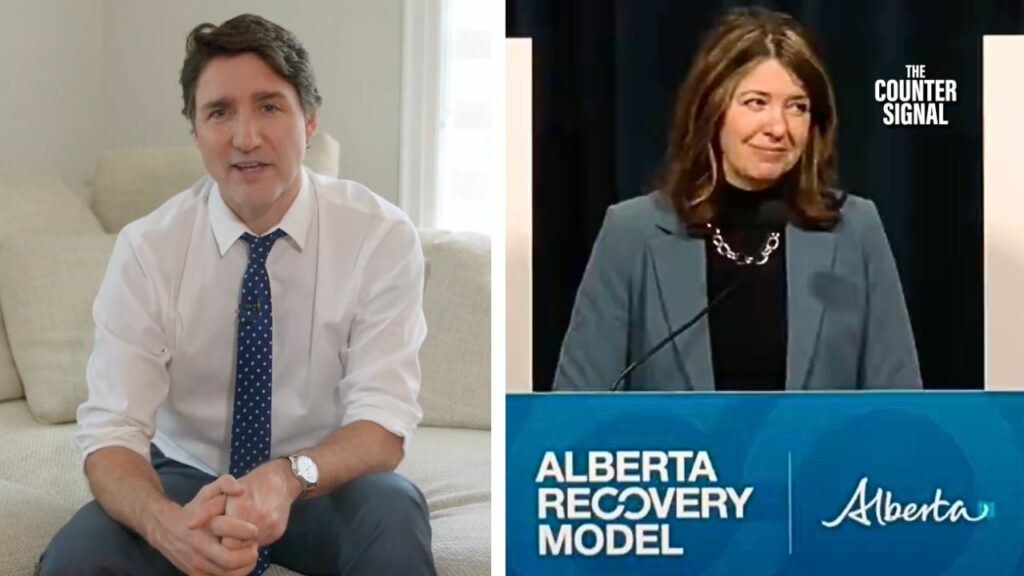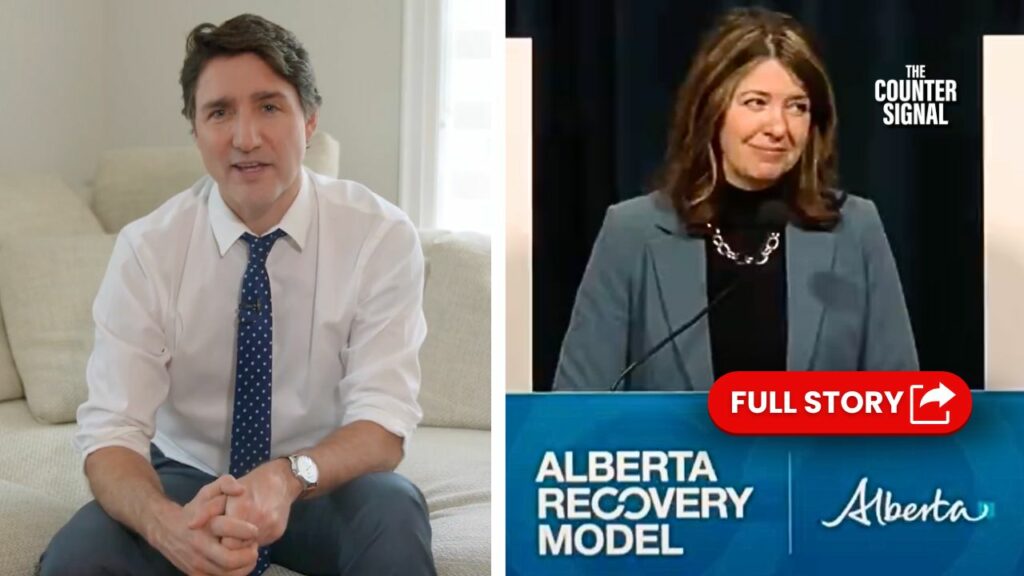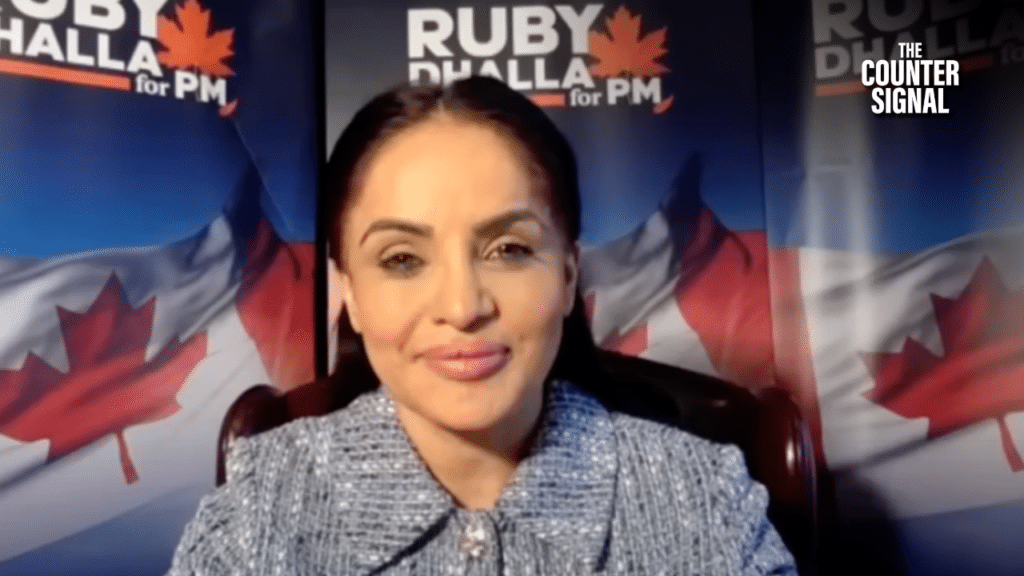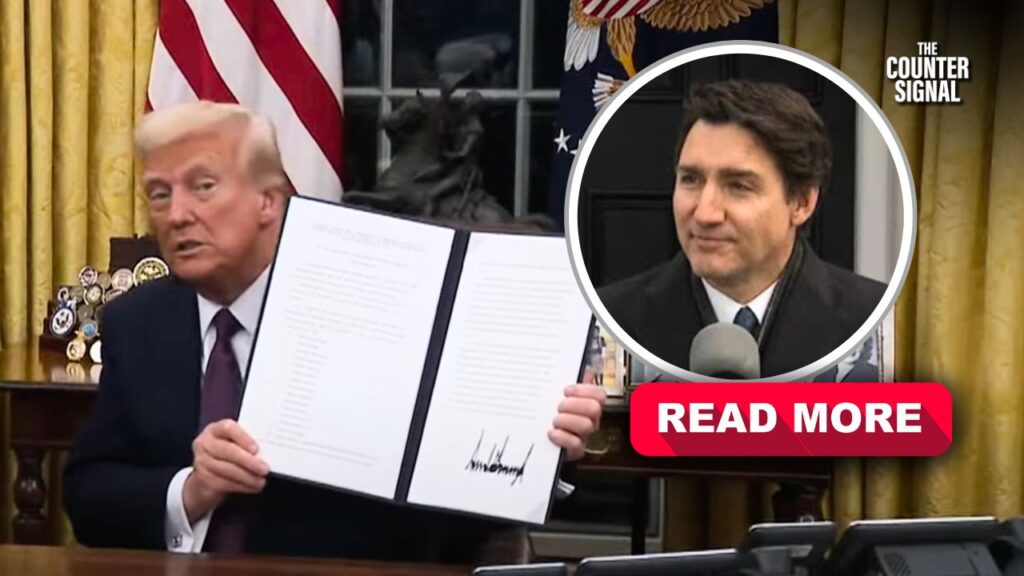In a letter to Deputy PM Chrystia Freeland, the Alberta government voiced its strong opposition to the fed’s capital gains inclusion rate hike to 66%.

“I am writing to convey Alberta’s strong objections to your budget proposal to raise the capital gains inclusion rate. It adds a further layer to the expanding array of federal policies harmful to savings and investment and, by extension, Canadian productivity and our future standard of living,” writes Alberta Minister of Finance Nate Horner.
“Your proposed tax increase is also damaging and unfair to the many small business owners who planned for retirement and are relying on the assets they built up and held in their small businesses,” he continues.
“I urge you [Freeland] to reconsider the fairness of a retroactive tax increase on their savings and investments. These individuals and families do not have the luxury of a taxpayer-supported defined benefit pension plan that you and your cabinet colleagues have.”
An attack on Canadians’ retirement plans
Since passing the capital gains hike, Canadians will now be forced to pay the capital gains tax on 66% of all profits above 66%. This includes any money that comes from selling an investment property, cottage, stocks, medical practice, etc., upon retirement.
While Trudeau has said that the capital gains inclusion rate is about making the 1% ‘pay their fair share’—which they already do if you look at the proportion of taxes paid by those who are more wealthy—he’s also admitted most of the people who will be affected are in “their 60s or older”.
In other words, it will affect people who have worked hard their entire lives and are selling off their nest egg to retire.
It’s time to change the capital gains tax. Here’s why: pic.twitter.com/a1X1z8rFTu
— Justin Trudeau (@JustinTrudeau) May 13, 2024
An attack on doctors and nurses
In his letter, Horner also addresses another huge issue Alberta has with the capital gains tax hike: scaring off doctors and nurses.
“As has been noted by the Canadian, Ontario, and Alberta Medical Associations, your tax increase also comes at a time when the Canadian healthcare system is under extreme pressure, and our ability to attract and retain physicians is a serious challenge,” Horner writes.
“Raising taxes on these professionals will only exacerbate the crisis and put more financial strain on provincial governments.”
Indeed, many of the hundreds of CEOs and small business owners who recently penned a letter to Trudeau asking him to reverse course are in the medical field. Moreover, many of these business owners offer stock options to their employees, 66% of which will now be taxed upon sale at retirement, which will further push them to consider taking their assets to a more business-friendly country.
Obviously, this is a huge issue, and it couldn’t come at a worse time.
According to figures that were once denied after Global News filed a freedom-of-information request but later obtained by the Canadian Press, Canada will need 33,000 new nurses and nearly 51,000 more PSWs over the next eight years—which people in the industry say is unlikely to happen if not straight up impossible.
In other words, Canada can’t afford to lose any more healthcare professionals, but Trudeau doesn’t seem too worried.
In fact, he already has a solution. Even more immigration.
Filling doctors’ shoes with more immigrants
Speaking to Canada’s state broadcaster, the CBC, Liberal MP Richie Valdez stated that if doctors and nurses leave for greener pastures in the US, the Liberal government will simply speed up the process of approving the credentials of foreigners trained abroad, regardless of the country or its medical standards.
“We recognize that [doctors may leave following the hike], but one of the things that we will continue to do is encourage foreign credential recognition to help with—we know that coming out of the pandemic, our healthcare has really been hampered, and there’s a really challenge with labour,” Valdez said.
“But the investments we’ve made with foreign credentialing—we’ve already made a significant investment in previous budgets, and then this year, we’ve topped that up. And we will continue to invest to ensure we’re encouraging bringing talent from other countries to get their credentials recognized, and that will also encourage them to get more jobs here and fill the desperate labour market needs that are required in our healthcare industry.”
To those doctors who remain in Canada, this is anything but reassuring. And if this is how the current government treats its healthcare workers, it’s unclear who in the world would want to come to Canada to get taxed to death.
“On behalf of the Government of Alberta, I am calling on you to cancel your proposed tax increase on capital gains. Canada needs policies that promote investment, innovation, and risk-taking, not new taxes that hinder productivity,” Horner’s letter concludes.












